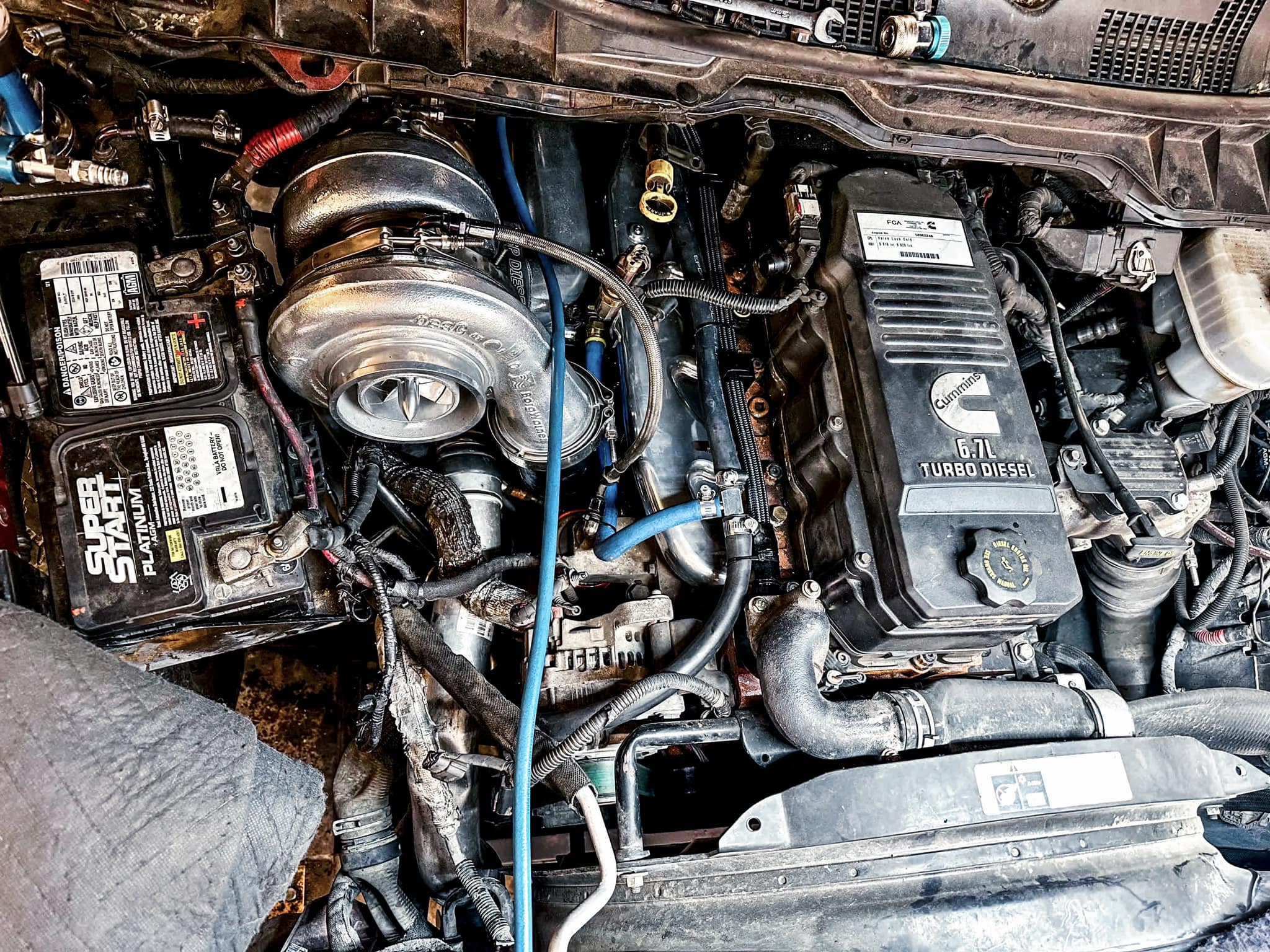
3 Ways Dump Truck Services Can Improve Efficiency
Learn three practical ways to improve the efficiency of dump truck services, including load management, fleet maintenance, and route optimization.
When it comes to the construction and infrastructure industries, dump trucks play a vital role in hauling materials, whether it’s gravel, sand, debris, or asphalt. However, even the most dependable fleet can face inefficiencies that hinder productivity and cost money. Fortunately, there are ways to improve dump truck efficiency, allowing fleet managers to move more material in less time while reducing wear and tear on their vehicles. Southeast Fleet Services will explore three practical strategies for improving the efficiency of dump truck services that fleet operators can benefit from.
1. Optimizing Load Management
The easiest way to boost the efficiency of any dump truck operation is by optimizing load management. Overloading or underloading a truck can waste both time and money.
Proper Load Distribution
Overloading trucks may seem like a way to get more material moved in fewer trips, but it puts extra stress on the axles, brakes, and tires, leading to premature wear and potentially costly breakdowns. Worse yet, overloaded trucks may violate DOT weight regulations, leading to fines.
By ensuring each load is properly distributed across the truck’s bed, operators can maximize payload capacity without exceeding legal limits. Tools like onboard scales provide real-time weight monitoring to avoid overloading. Additionally, having a well-trained crew ensures the material is loaded evenly, preventing unnecessary weight shifts during transit, which can reduce fuel efficiency and increase the risk of accidents.
Matching the Right Truck to the Job
Efficiency isn’t just about load distribution but can also be about using the right truck for the right job. For example, if you're hauling loose materials like sand or gravel, consider using side dump trailers, which can unload faster and return for the next job quicker than a traditional rear dump truck.
Likewise, pairing the right truck with the specific terrain and haul distances is key. Smaller jobs with tight urban spaces might call for smaller dump trucks, while larger construction sites and off-road applications may require heavier-duty trucks with higher payload capacities.
2. Maintaining Your Fleet Proactively
Dump trucks experience extreme conditions, from gravel pits to uneven roads, all while carrying tons of material. This makes proactive maintenance a top priority in maintaining efficiency. When a truck breaks down, it’s not just the cost of repairs but also the downtime and potential delays that can significantly impact productivity.
Regular Maintenance Schedules
The foundation of any efficient fleet is a strict maintenance schedule. This includes frequent inspections of vital components like brakes, hydraulic systems, tires, and suspension. For instance, checking the tire pressure regularly ensures optimal fuel economy and reduces the risk of blowouts. Over- or under-inflated tires wear faster, can cause uneven loads, and lead to handling problems, which directly affects a truck’s overall efficiency.
Preventive Maintenance
Preventive maintenance checks on dump trucks boost fleet productivity by preventing unexpected breakdowns. Mechanics replace worn parts and perform oil changes to keep trucks running smoothly. By managing tire rotations and brake inspections, fleets avoid delays and improve vehicle reliability. Coordinated schedules for preventive care to ensure trucks are always ready for operation. This approach minimizes downtime and enhances overall efficiency.
3. Incorporating Route Optimization
For fleets that operate across North Carolina, South Carolina, and Georgia, route optimization plays a crucial role in boosting overall efficiency. Poor route planning can lead to increased fuel consumption, delays, and unnecessary wear and tear on trucks.
Use of GPS and Fleet Management Software
Incorporating GPS systems and fleet management software allows fleet operators to track each truck in real-time and adjust routes as needed. These tools not only help drivers avoid traffic jams and road closures, but they also ensure that hauling operations run smoothly.
Fleet management software can also allocate resources efficiently by keeping track of which trucks are in operation and where. For example, if a truck finishes its job early, the software can redirect it to another nearby job site, cutting down on idle time.
Reducing Empty Miles
Another crucial aspect of route optimization is reducing empty miles—the distance a truck travels without carrying a load. By planning routes carefully, dispatchers can minimize the amount of time trucks spend driving empty, which saves fuel and reduces wear on the truck.
One strategy is to coordinate backhaul opportunities, where a truck picks up a return load after dropping off its primary load. This increases revenue per mile and reduces fuel consumption, providing a double efficiency boost.
Streamline Dump Truck Operations for Maximum Efficiency
In a business where time is money, finding ways to improve dump truck efficiency is essential for boosting productivity and profitability. By focusing on optimized load management, proactive fleet maintenance, and route optimization, fleet managers in the southeast can enhance operational efficiency, reduce costs, and increase ROI. Southeast Fleet Services incorporates these three strategies not only to save time but ensure your trucks are operating at peak performance.
For businesses operating in North Carolina, South Carolina, and Georgia, it's crucial to implement these strategies to stay competitive and meet project deadlines without overextending resources. To learn how to preventive maintenance, check out our article on how to create an effective schedule for your trucks.
Locations & Contact Info
Welcome to Southeast Fleet Services, your premier heavy-duty diesel repair shop in North Carolina, South Carolina, and Georgia. Give us a call today at one of our five locations to set up specialized services and repairs for your heavy-duty vehicles and equipment.

